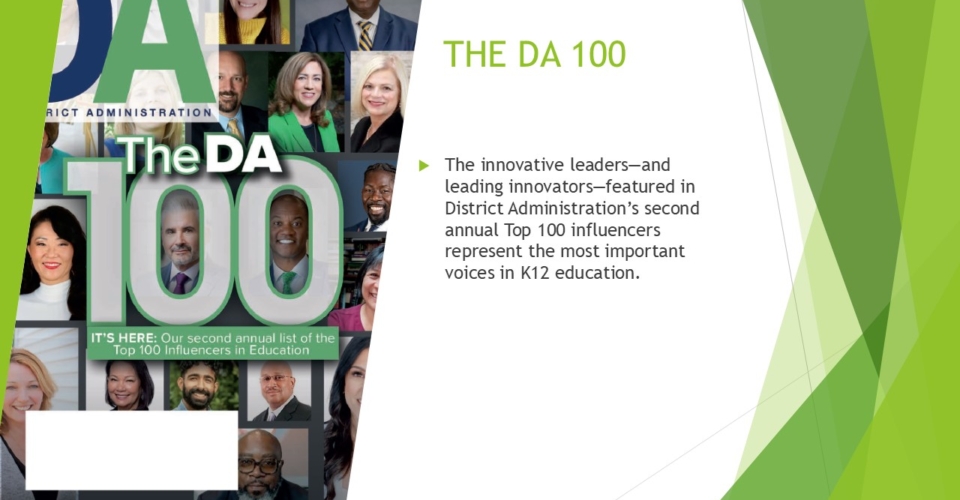Reinstating “commonsense” school discipline and providing more funding to train students and teachers to use AI highlighted a slew of education-related executive orders unveiled by the Trump administration this week.
School discipline practices
The first directive states that safety and order in American classrooms will be restored by ensuring school disciplines are “based on objective behavior, not DEI.”
It requires the Department of Education to issue new guidance to local and state educational agencies, emphasizing disciplinary policies that comply with Title VI civil rights protections against racial discrimination.
It also requires a report to the president that analyzes the consequences of DEI-based school discipline and outlines measures to ensure that federal funds do not support those policies.
The order suggests that Obama-Biden policies are the reason for increased levels of classroom disorder over the years. In 2014, the Obama Administration issued guidance pressuring schools to “impose discipline in a manner designed to equalize disciplinary rates by race, rather than simply imposing discipline based on objective behavior alone.”
Trump rescinded the Obama-era guidance in 2018 following a Federal Commission on School Safety report that contended that schools ignored or covered up student misconduct to avoid federal scrutiny over racial disparities in discipline data.
Advancing AI education
The second executive order promotes AI literacy and proficiency among younger students by promoting the integration of AI into education, providing comprehensive training for teachers, and fostering early exposure to AI concepts and technology.
The overarching goal is to create an AI-ready workforce and direct multiple federal agencies to seek sources to fund AI training for students and teachers.
It also establishes the Artificial Intelligence Education Task Force led by the director of the Office of Science and Technology Policy. Here’s what the task force will be responsible for:
- Providing resources for K12 AI education, including establishing public-private partnerships with leading AI industry organizations, academic institutions and nonprofit entities.
- Issue guidance on the use of discretionary grant funds to improve education outcomes using AI.
- Prioritize the use of AI in discretionary grant programs for teacher training.
- Increase participation in AI-related apprenticeships.
Members of the AI task force include:
- Secretary of Agriculture
- Secretary of Labor
- Secretary of Energy
- Secretary of Education
- Director of the National Science Foundation
- Assistant to the President for Domestic Policy
- Special Advisor for AI and Crypto
- Assistant to the President for Policy; and
- Heads of other such executive departments, agencies and offices that the Chair may designate or invite to participate
More from DA: What will happen to districts that defy Trump’s DEI order?



